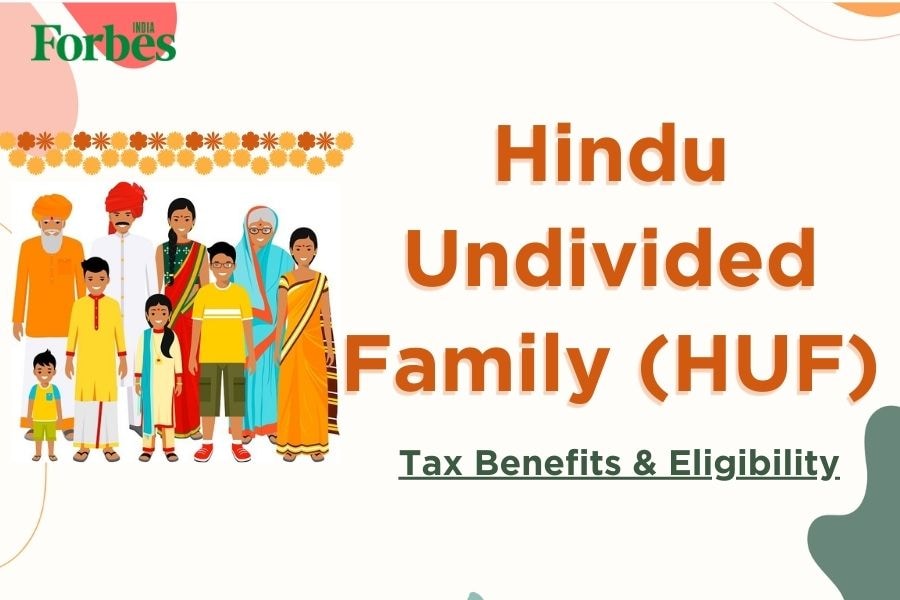
Hindu Undivided Family (HUF): Benefits and drawbacks in saving income tax
Reduce your tax burden in India with a Hindu Undivided Family (HUF) account. This blog explores how HUFs benefit families (Hindus, Buddhists, Jains, Sikhs)

Tax season can be difficult, filled with forms and calculations, and the high taxes don’t make it any easier. But what if there were ways to cut down on the tax you owe? Here, a Hindu Undivided Family (HUF) account can help, a concept that can offer tax advantages for certain families in India. Let’s learn all about an HUF account.
What is a Hindu Undivided Family (HUF)?
A HUF is an account that allows families to pool assets and save on taxes. The HUF can hold its own assets, such as property, investments, and business. HUFs are treated as a separate entity for tax purposes under the Income Tax Act, which allows them to enjoy tax benefits.
The members of a HUF are called coparceners, and the head of the family is known as the Karta. Traditionally, coparceners were limited to male descendants, but a 2005 amendment granted daughters the coparcener status as well. This means daughters born to coparceners have the same rights as sons, including the right to partition family assets. Additionally, the 2005 amendment makes it possible for a Hindu widow with her unmarried daughter to form a HUF, even without adopting a son.
How can you save tax by forming an HUF?
One of the key benefits of a HUF is its separate tax identity. This means the HUF is assessed for taxes independently from its members. This helps to maximise tax deductions and exemptions under Indian tax laws.
Beyond tax advantages, HUFs also help families to achieve financial goals more efficiently. Let’s see how:

















